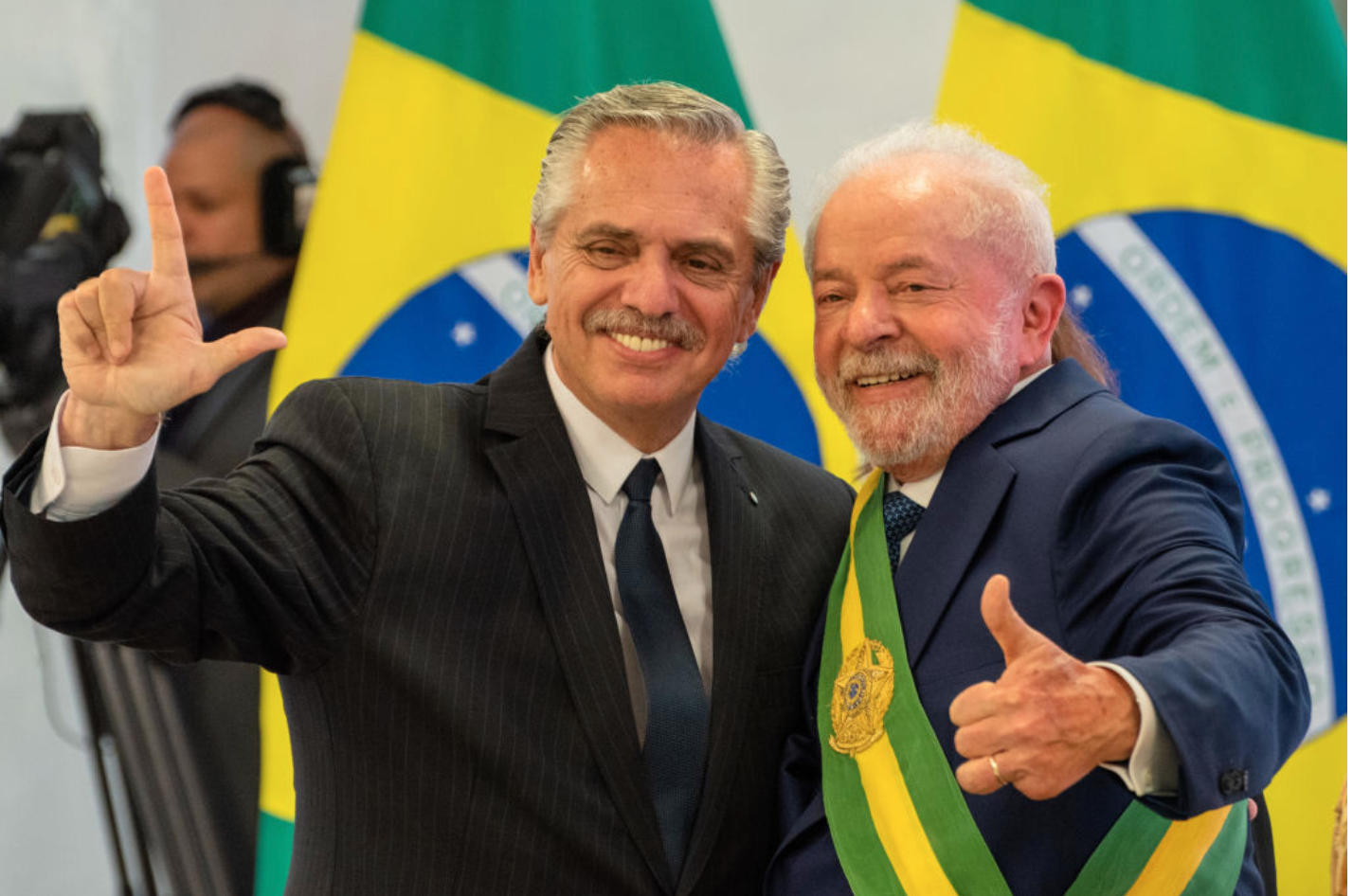SÃO PAULO — An upcoming international summit in Buenos Aires is set to herald the return of Brazil to the Latin American fold, after a four-year absence—and signal the reemergence of the Argentina-Brazil axis in regional politics.
This result, from a January 24 meeting of the Community of Latin American and Caribbean States (CELAC), will be far from trivial. While Brazil alone—representing roughly a third of the region’s total GDP—cannot lead regional initiatives in Latin America, virtually no meaningful Latin America-wide initiatives can prosper without Brazil’s active support. With Bolsonaro’s Brazil largely isolated in the region over the past years, regional cooperation—or even a regional conversation between leaders—largely came to a standstill, despite attempts by Mexico to fill the void. Be it fighting deforestation, promoting physical integration or jointly discussing the region’s stance vis-à-vis crises in countries like Venezuela or Bolivia in 2019, the space for constructive regional dialogue was very limited. Lula’s decision to skip the World Economic Forum in Davos and travel to Buenos Aires reflects Brazil’s genuine commitment to rebuild ties to the neighborhood.
Even when they have Brazil’s active support, however, past attempts to promote regional cooperation have often been short-lived, in part because they traditionally depend on ideological alignment between the region’s major powers. Indeed CELAC, a 33-member strong regional platform, founded in 2011 as an alternative regional bloc to the Organization of American States (OAS) with…









